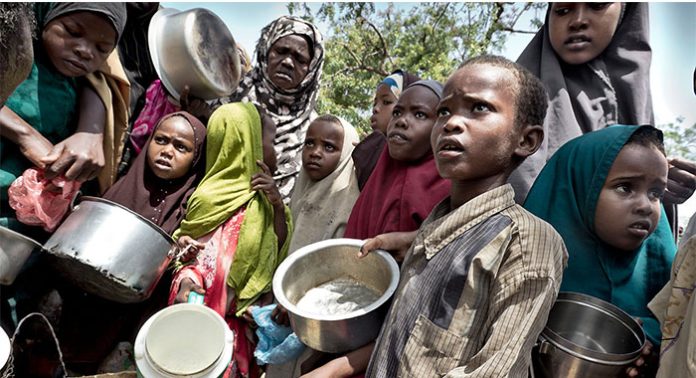Nigeria is sliding dangerously deeper into a nutrition crisis that threatens to cripple its next generation and overwhelm an already stretched health system.
New figures reveal that four in 10 Nigerian children under five, about 40 per cent, are now stunted, up from 37 per cent in 2018.
Equally alarming, experts warn that around half of all pregnant women in Nigeria suffer from malnutrition, often worsened by anaemia and related complications.
This double burden is setting the stage for a generation of children growing up with impaired brain development and poor physical growth, an unfolding tragedy with sweeping consequences for Nigeria’s social and economic future.
Data from the 2023–2024 National Demographic and Health Survey (NDHS) shows the depth of the crisis: stunting, which indicates long-term undernutrition and irreversible harm to brain development, has risen sharply.
Meanwhile, the share of children suffering from wasting, signifying acute malnutrition, increased from seven per cent in 2018 to eight per cent. The proportion of underweight children also jumped from 22 per cent to 25 per cent.
The crisis spans all regions. The Humanitarian Needs and Response Plan coordinated by the United Nations Office for the Coordination of Humanitarian Affairs (OCHA) projects that in 2025, about 2.55 million children under five nationwide will face acute malnutrition, with one million of them severely affected.
Additionally, an estimated 309,000 pregnant and breastfeeding women and girls are expected to struggle with acute malnutrition.
While the National Bureau of Statistics (NBS) recently reported that food inflation slowed to 21.4 per cent in May 2025, down from a staggering 40.66 per cent in May 2024, the long-term damage caused by years of soaring food prices, poverty, and limited healthcare access remains entrenched.
Experts warn Nigeria is at risk of producing a generation that is physically smaller, cognitively limited, and more vulnerable to disease, a silent emergency that demands immediate, coordinated action.
Without decisive intervention, the country could face decades of lost productivity, deepening poverty, and stalled national development.


